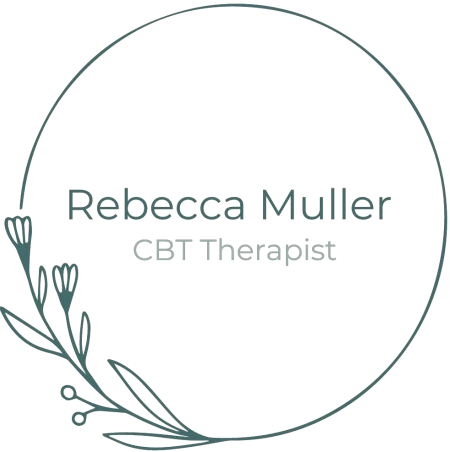Have you ever wondered why some people seem to carry invisible burdens, causing them pain long after the traumas of childhood have passed? As a therapist specialising in Cognitive Behavioural Therapy (CBT), I want to shed light on a crucial topic that affects countless individuals: Adverse Childhood Experiences (ACEs). Let's delve into what ACEs are, their symptoms, and how therapy can offer a path to healing.
Adverse Childhood Experiences refer to traumatic events that occur during our formative years, such as physical or emotional abuse, neglect, household dysfunction, or witnessing violence. These experiences shape our emotional and mental landscapes, potentially leaving lasting imprints that impact our adult lives.
One of the most challenging aspects of ACEs is that their effects are often subtle, elusive, and deeply embedded in our psyche. Symptoms may manifest as persistent anxiety, depression, self-destructive behaviours, relationship difficulties, or even physical health problems. ACEs can affect our self-esteem, self-worth, and ability to form healthy attachments, making it crucial to acknowledge and address these wounds.
Fortunately, therapy offers a beacon of hope for those grappling with the after effect of ACEs. Through CBT, we can untangle the complex web of thoughts, emotions, and behaviours that stem from childhood trauma. By providing a safe and non-judgmental space, therapy allows individuals to explore and understand the roots of their pain.
CBT equips individuals with practical tools and coping mechanisms to challenge negative thought patterns, manage distressing emotions, and develop healthier behavioural responses. Together, we can replace self-blame with self-compassion, cultivate resilience, and foster a renewed sense of control over our lives.
Moreover, therapy provides an invaluable opportunity for validation and healing. Often, survivors of ACEs carry a burden of shame and isolation, believing they are alone in their struggles. Engaging in therapy can dismantle these walls of silence, connecting individuals with others who have faced similar challenges. Group therapy or support networks can help individuals realise they are not alone and offer a sense of belonging and understanding.
Remember, healing is a process, and progress may come in small, incremental steps. The road ahead may be filled with ups and downs, but with the support of a skilled therapist and a compassionate community, it becomes more manageable.
If you resonate with the experiences I've described or suspect that ACEs may have influenced your life, I encourage you to seek professional help. Remember, you deserve healing, happiness, and the chance to rewrite your story.
Together, let's embark on a path of self-discovery, empowerment, and healing. You are stronger than you realise, and the wounds of the past need not define your future.
If you have experienced trauma and are seeking support on your healing journey, I am here to help. At Rebecca Muller CBT, I specialise in trauma-informed therapy, and I am committed to providing a safe and empathetic space for your recovery. Please don't hesitate to reach out to us to schedule an appointment.
